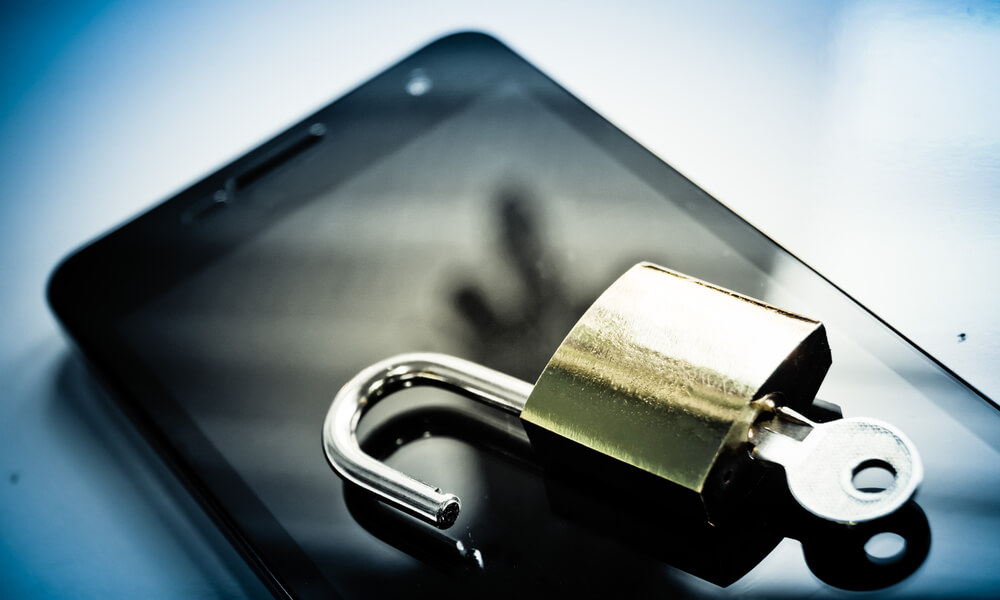Whether at work or in private activities – our phones have evolved and now they are an integral part of our daily routine. Private messages are sent via messenger services, and personal images are kept in the cloud. If they don’t wish to lose this sensitive data, mobile phone owners should protect their smartphones. Neither the danger lurking online nor the impact of external conditions, such as temperature or dirt, should be underestimated. All these things can significantly damage a cell phone or even cause data loss.
Phone Protection
Phone protection is not just about mechanical protection. Although your phone might be in perfect condition – the information or the OS you use may not be so good. After some time of use, many users complain that their phones are slower than they used to be. For example, applications no longer open as fast, scrolling on the phone is slower – and some pages bug when they open. If you ignore these signs, your phone will slow down and become practically unusable. Of course, let’s note right away, that it’s not all about speed. You also must be cautious about what pages you enter, what apps you install, etc. – so that you don’t endanger anything, not hardware or software. It wouldn’t be a bad idea to set up an antivirus suitable for your device.
Prevention Is Always The Best Way To Keep Everything Secure
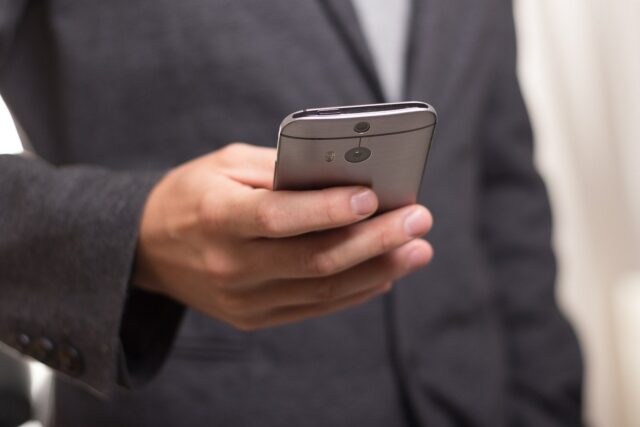
None of us would want data or anything else on our phones not to be secure enough. Therefore, prevention is what you can do for yourself and your Android. If you are already interested in such protection, whether you want to insure yourself in advance, or you already have a specific problem – this means that you have to know more about certain things that can assist you to minimize the dangers. So, here is a shortlist of tips and tricks you can use to keep your device secure.
1. Keep your Android locked
The biggest trouble is that you forget your phone somewhere – or somebody steals it. Certainly, such situations give space for manipulation. Therefore, your phone should be always locked. Whether you’ll use the code, fingerprint, or face scan to unlock it – the choice is yours and it depends on the phone model you use. However, locking the device is the first and basic thing when we talk about the safety of your device. So don’t forget to do this. There are some more advantages to locking your phone. Namely, how many times did it happen to you that didn’t lock the phone and then accidentally dial someone? Yes, this happens very often. Therefore, locking the phone is necessary and also useful because it saves your mobile phone battery.
2. Set secure passwords
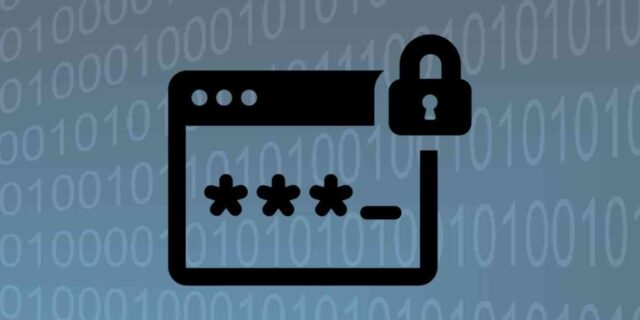
Passwords are essential for any phone owner. It is most often the case that today you unlock the phone with the help of a fingerprint, face scan, or a password. However, you must have passwords for all the applications you use. We already know that professional devices are often targeted by hackers – but these are no longer isolated cases. Namely, it often happens that personal devices are also targeted by hackers. Therefore, each application must have its password, which must be strong. For example, if you use an e-banking application and do not have a password, you run the risk that a hacker has easy access to your confidential information that may be misused.
3. Install phone tracking applications
In case someone stole your Android, you must have the opportunity to find it. Namely, these apps can be easily downloaded from the GooglePlay store – and you can also use many of the services online. According to mobilephonelocator.net, online services allow you to easily, by entering the phone number, look for the phone – and easily find the location where your phone is. It is up to you to enter the phone number, and the information will be sent to you by email as soon as possible. Therefore, such services should be available to you, just in case.
4. Carefully download applications from the Internet
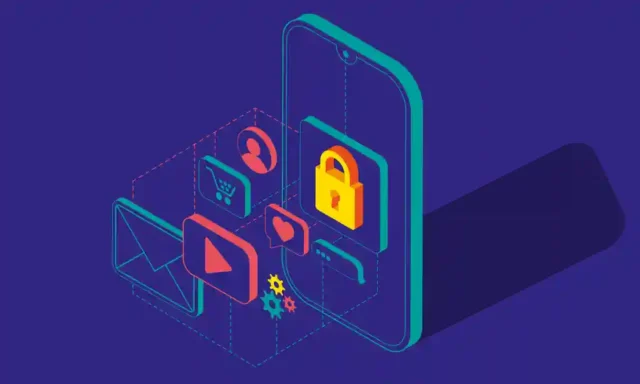
Everything we download from the Internet, including applications, can be risky. Viruses and other dangers lurk around us constantly. In addition, it often happens that due to some downloaded application, the phone starts to slow down and bug. Therefore, be sure to read the reviews before downloading an application from the Internet. Namely, many cybercriminals resort to tricks such as creating fake apps with which they want to get hold of your personal data. Therefore, be careful!
5. Install an antivirus program for your Android
Just like with a computer, you should have antivirus protection on your phone. Such programs can protect your Android device from viruses but also hacking. Keep in mind that Android is not just an ordinary phone, but actually, a small pocket computer that can be just as at risk just as a desktop or laptop computer. Therefore, perform preventive protection in time with the help of one of the antivirus programs.
6. Use secure wi-fi
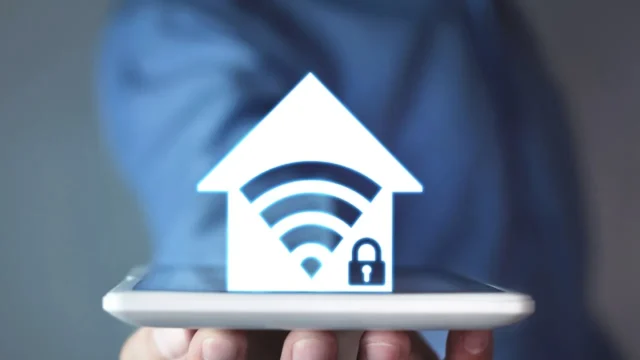
We all like to have the opportunity to use wi-fi anywhere – from restaurants or hotel rooms to the beach, main city streets, etc. Why? Well, these are the most common places where we can use free wi-fi – but these are also the biggest pitfalls we can fall into. Namely, public wi-fi is usually free, but it is also the riskiest to use – and is the most suitable space for hackers who can skillfully manipulate and swim through such a space. It often happens that phones and data from the device are hacked when using free wi-fi. So, be smarter than that! It is better to pay for a few megabytes more in the phone package – than to risk someone getting your data.
The Bottom Line
At a time when a lot of things have been transferred to the Internet, which includes bill payments or business obligations – we must be cautious. Of course, you don’t need to be paranoid, but if the job depends on the phone – be responsible and careful in how and for what you use the business phone. It would be great if you use a business phone only for work – and if after work you can switch it off. However, if this is not your case, follow the tips we have listed.

